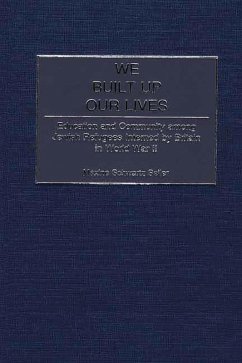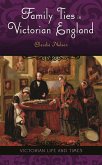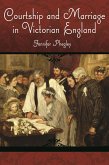Fearing an imminent Nazi invasion, the British government interned 28,000 men and women of enemy nationality living in Britain in the spring of 1940. Most were Jewish refugees who, having fled Nazi persecution, were appalled to find themselves imprisoned as potential Nazi spies. Using oral histories, unpublished letters and memoirs, artifacts and newspapers from the camps, and government documents, We Built Up Our Lives tells the compelling story of sixty-three of these internees. It is a seldom-told part of the history of World War II and the Holocaust and a classic tale of human courage and resilience. We Built Up Our Lives describes the survival mechanisms relied upon by the Jewish refugees. Although the internees, imprisoned in Britain, the Isle of Man, Canada, and Australia, were adequately housed and fed and rarely mistreated, they were cut off from family, friends, school, and work--everything that had given meaning to their lives. Resisting boredom, anger, and despair, the internees made the best of a bad situation by creating education, culture, and community within the camps. Before and after as well as during the internment--in Nazi Germany and in Britain--educational resources and social networks were essential to the refugees' efforts to build up their lives. Equally important were personal qualities of courage, ingenuity, assertiveness, and resilience.
Bitte wählen Sie Ihr Anliegen aus.
Rechnungen
Retourenschein anfordern
Bestellstatus
Storno









